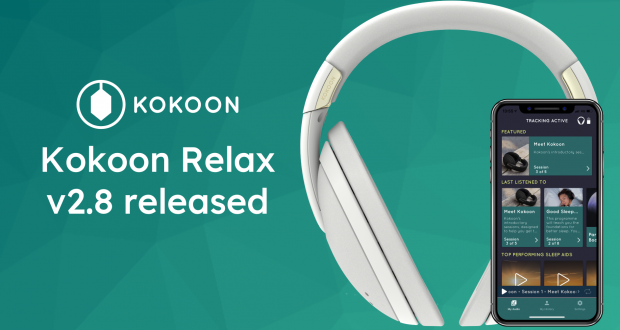If music be the food of health, play on
Few things in life can touch us so deeply and have such a profound impact as music. Music must surely have been one of mankind’s first ‘inventions’, so ingrained and so integral to the human experience that it’s difficult, if not impossible, to imagine a world without it. Thanks to technology, it is now woven into the fabric of our lives in such a way that it’s often overlooked or taken for granted, from the piped tunes designed to calm you when you’re put on hold to the thumping bass notes from a passing car stereo.
Yet for all the millennia it has been with us, it is only relatively recently that psychologists and researchers in the medical profession have begun to look in more depth at exactly what is going on in our brains when we listen to music. We have always known about the powerful effects which listening to music can have on us, the ways in which major and minor chords can shape our emotions, the feelings of calm which come with playing a favourite tune, the incredibly vivid memories a particular song can evoke.
More recently, research has shown that music has significant health benefits for people suffering or recovering from a range of medical conditions. Song lyrics and tunes are often the things which remain with dementia sufferers long after the faces and names of their friends and family have faded, allowing them to reconnect with a past they are in danger of losing. Whatever genre of music stroke or heart attack survivors tune into, the endorphin’s released by the brain on hearing familiar tunes greatly improve vascular health, with people coming out of heart surgery reporting lower rates of post-operative pain than those who sat in silence.
There are cognitive advantages to listening to music too, with studies showing that those who listened to music whilst revising for examinations had much better recall of facts than those who swotted up in silence. Remembering the tune you revised to under test conditions helps bring to the forefront the information you need, leading to better academic results. Fast-paced, upbeat music has been proven to improve performance and boost stamina among people working out, while feel-good music increases motivation in any activity.
Listening to slow-paced music is also known to slow brainwaves, leading to a semi-hypnotic or meditative state which greatly reduces feelings of stress. People suffering from insomnia have reported improved sleep patterns after listening to music before going to bed, with a lowered heart rates, reduced blood pressure and fewer feelings of anxiety all helping send them into a deeper sleep state.
In a world where too much ‘screen time’ is leaving our brains over-stimulated before we turn in for the night, sleep experts are recommending at least an hour detached from all those brightly lit smartphones, televisions and tablets before we go to bed. With overwhelming evidence that music benefits us both physically and mentally, falling asleep to a much-loved piece of music may well be the way to a better night’s rest and the key to a happier, healthier life.
















